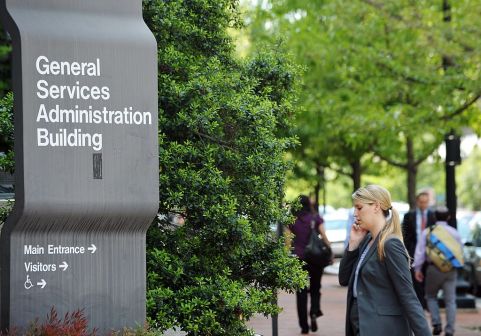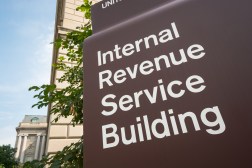The White House on Monday released its third Open Government Plan, calling for a renewed focus on transparency, participation and collaboration.
“These plans serve as a roadmap for agency openness efforts, explaining existing practices and announcing new endeavors to be completed over the coming two years,” Nick Sinai, U.S. deputy chief technology officer, and Corinna Zarek, senior adviser for open government, said in a blog post. “Agencies build these plans in consultation with civil society stakeholders and the general public. Open government is a vital component of the President’s Management Agenda and our overall effort to ensure the government is expanding economic growth and opportunity for all Americans.”
The 2014 plan, according to the blog post, builds on the 2010 and 2012 plans and calls on agencies to incorporate several new initiatives into their agency-level action plans, including open data, proactive disclosures, privacy, whistleblower protection and online links to the agency’s digital strategy.
But the White House has had mixed results with transparency since President Obama’s 2009 Open Government Directive. According to a March 2014 report from the George Washington University’s National Security Archive, 54 percent of federal agencies have Freedom of Information Act policies that ignore the directive.
A March 2014 analysis by the Associated Press also found the Obama administration censored or denied access to government files through FOIA in the previous year more than ever before.
But the Office of Science and Technology Policy’s FOIA operations are managed with success, the new plan said. According to a 2013 report released by the Justice Department’s Office of Information Policy, OSTP demonstrated nearly a 97 percent release rate for FOIA requests. The average number of turnaround on a FOIA request was just over 12 days. The Center for Effective Government, a non-governmental organization, praised OSTP in a 2013 report on best practices for FOIA regulations.
“OSTP responds to FOIA requests in a timely manner and works to minimize any backlog of pending requests,” the plan said. “OSTP’s Chief FOIA Officer discusses the presumption of openness with agency personnel to encourage the release of records that might otherwise have been withheld under applicable FOIA exemptions.”
In an effort to maintain and promote transparency, OSTP is expanding access to scientific collections. These collections consist of physical objects like drilling cores from the ocean floor and glaciers, seeds, rocks obtained from space, cells, samples of minerals and fossils.
According to a March 2014 memorandum from OSTP, any federal agency that owns, maintains or supports permanent scientific collections must develop a management and access policy within six months. The reports are due by Sept. 20 and will be available on agencies’ open government websites, according to the plan.
Access to scientific collections was considered a “flagship initiative” in the OSTP plan. The office also included their plans for participation and collaboration as well.
In order to open government in a meaningful way, the plan said, the office must include “civil society stakeholders and the public” in decision-making. One of the ways the office addressed the concept was through their “We the Geeks” Google Plus Hangout, during which they hosted informal conversations with influential experts in science, technology and innovation.
The plan also touched on collaboration through the White House Science Fair, which took place last week, and the upcoming White House Maker Faire, on June 18. Through these two events, OSTP looks to obtain input from the private sector.
“Some of the best solutions to problems that the government is looking to solve come from the private sector,” the plan said. “Innovators and entrepreneurs working alongside government experts can lead to unique policy decisions and inventive products and services.”






